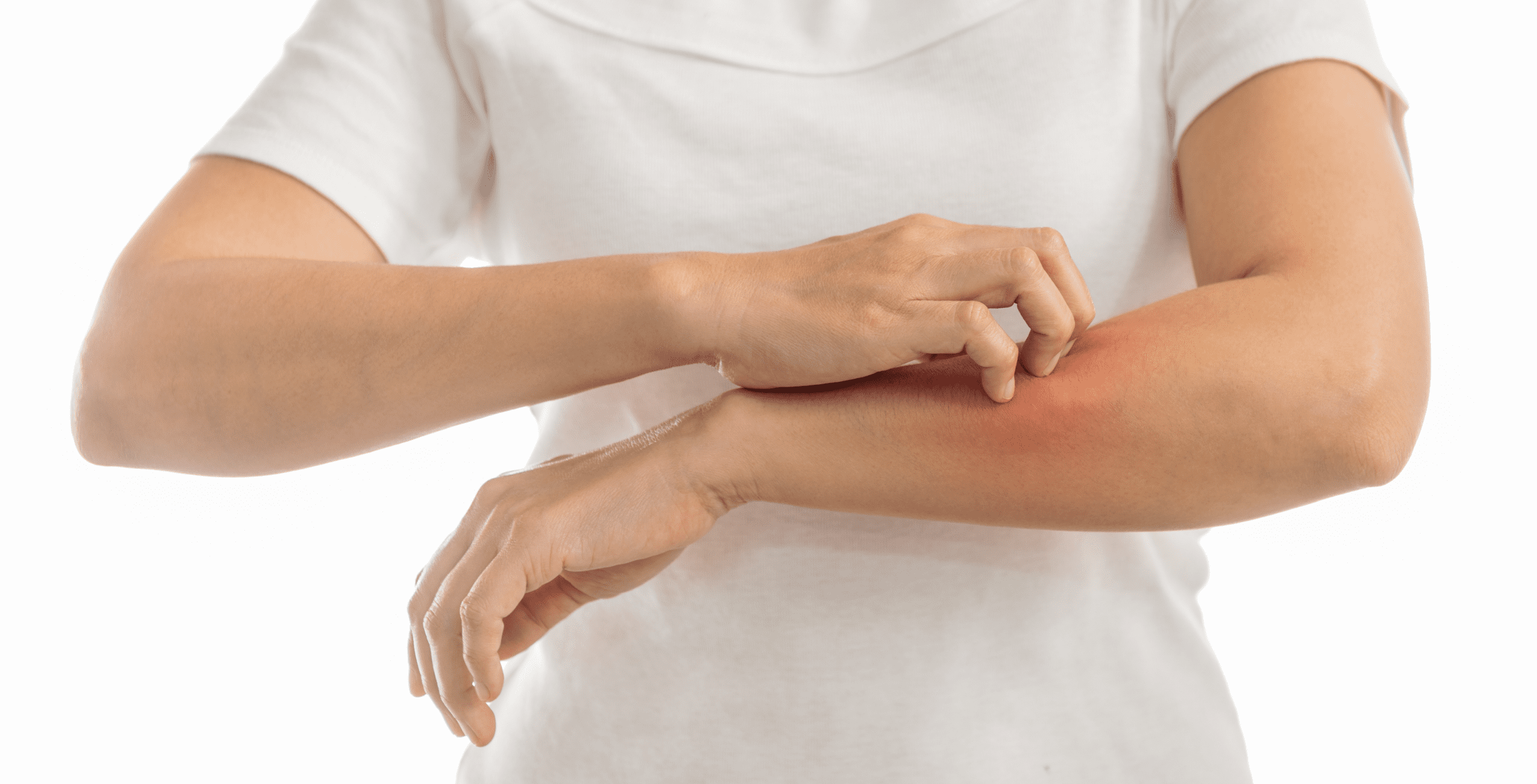What is Psoriasis?
The classical type of psoriasis that we see most often is not life-threatening in any way. However, although they are rare, the inflammatory, spotty-looking form of the disease that progresses with widespread fever (psoriasis pustulosa) and the type of disease that causes dandruff and redness on more than 80% of the skin surface (erythrodermic psoriasis) sometimes pose serious dangers. In these cases, high fever and protein loss generally disrupt the body balance and general condition. Hospital care is essential for these patients.
Is Psoriasis Contagious?
Psoriasis is absolutely not contagious.
Psoriasis is a relapsing, chronic skin disease that typically manifests itself as shiny, white dandruff located on sharply defined red areas on the skin. Since the color of these dandruff is the color of pearl, this disease is called psoriasis among the public.
While normally the skin renews itself in about 1 month, in psoriasis this period is reduced to a few days and the increase in dead skin cells forms thick layers. Although it can be seen at almost any age, it is more common between the ages of 15-35. Symptoms are mostly seen in areas that are exposed to a lot of friction, such as the knees, elbows, and coccyx. The scalp is also frequently affected.
It is more common in people with a familial predisposition.
Psychological tensions and distress play an important role in the emergence of the disease.
Although the symptoms we have described are similar to the symptoms of psoriasis, very similar symptoms can also be seen in some different skin diseases and eczema. Therefore, to diagnose psoriasis, you should be evaluated by a dermatologist.
Although psoriasis is a chronic disease, of course it has treatment. There are even many treatment options. The aim of treatments is to eliminate symptoms and prevent flare-ups. The disease becomes severe from time to time, and symptoms decrease from time to time.
Various conditions that damage the skin surface; Itching, cuts, burns, injuries, excessive sun exposure, extremely cold climates, stress, infections, and disorders in general health can also exacerbate the disease.
For treatment, drying of the skin must first be prevented. Additionally, various creams and ointments are used for redness and thickened symptoms. Oral anti-itch pills are also helpful in treatment. In addition, treatments should be applied to the causes that cause the disease to flare up. In common cases, treatment with different medications, injections and special lamps called phototherapy also gives good results.
Biological agents, which have been used in the last 10 years, suppress psoriasis for years and eliminate the symptoms.

